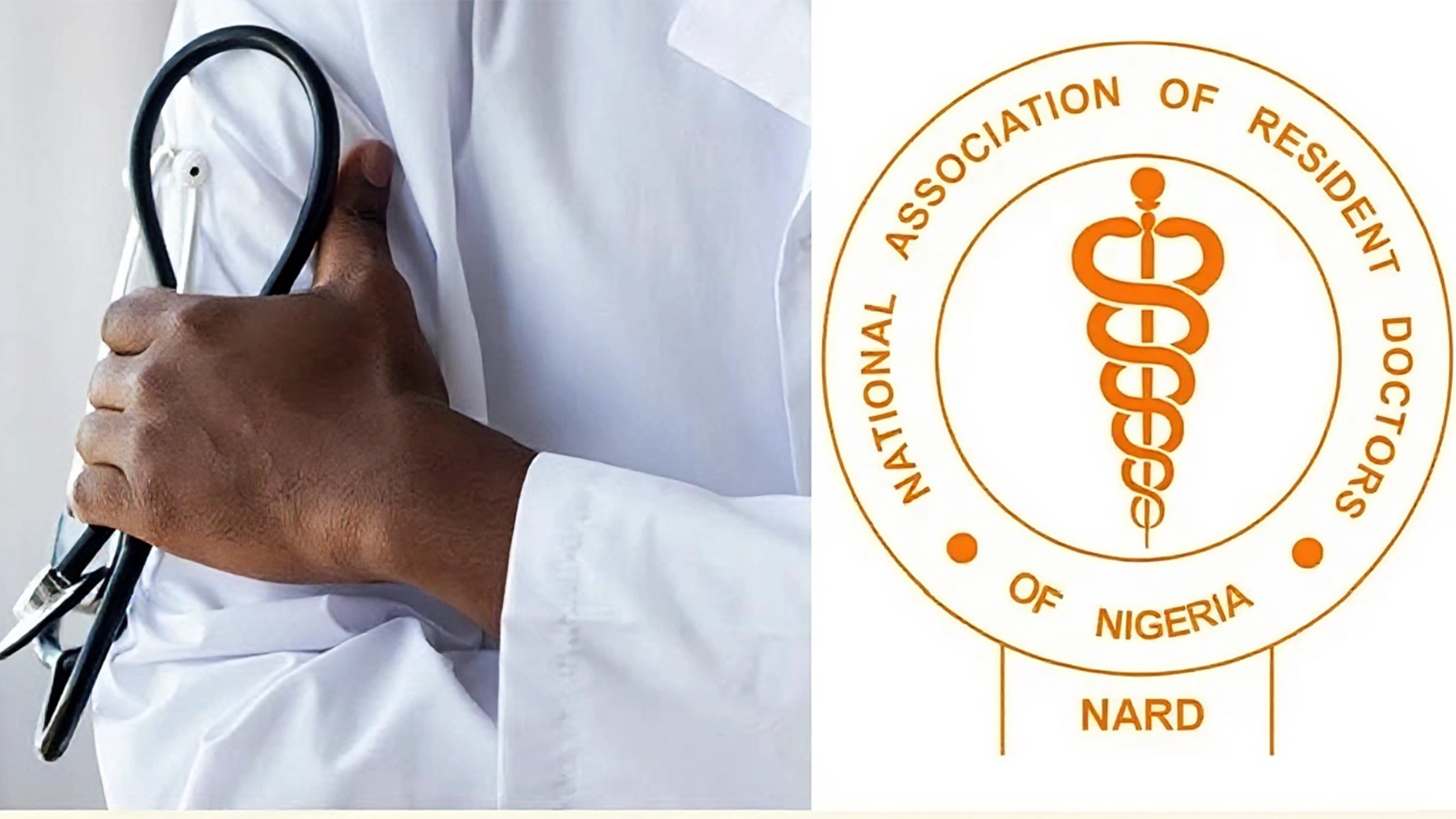A Professor of Surgery at Obafemi Awolowo University, Ile-Ife, Osun State, Adewale Adisa, has called on the Federal Government to prioritise minimal access surgery as a key part of Nigeria’s national health policy.
He made the call while delivering the university’s 402nd Inaugural Lecture titled Minimal Access Surgery: Narrow is the Way, at Oduduwa Hall in Osun State.
According to Adisa, keyhole surgery, also known as Minimal Access Surgery (MAS), is more beneficial to patients than the traditional open operation.
He said the method causes less trauma, reduces pain, shortens hospital stay, lowers the risk of infection, improves recovery time, and leaves minimal scarring.
“It is more important for a poor person to have a keyhole operation than a rich person. If our society can ensure poor patients can equitably access laparoscopic surgeries and get the benefits of shorter hospital stay and early return to work, we will be reducing poverty among the poor.” he said.
He explained that many wealthy Nigerians often travel abroad for medical tourism and add luxury to their care, but poor people, who are mostly self-employed, suffer longer hospital stays and loss of income because they cannot access modern surgical care locally.
Adisa, who is also a Fellow of the West African College of Surgeons and the American College of Surgeons, revealed that he and his team started performing keyhole surgeries in 2008 at the Obafemi Awolowo University Teaching Hospitals Complex, Ile-Ife. Using a mix of locally fabricated tools and imported equipment, they have completed over 1,400 procedures.
He listed surgeries performed to include removal of the appendix, gallbladder, colon cancer, stomach tumours and pancreatic masses.
Adisa added, “Our patients benefited from all the advantages of minimal access surgery, including minor wounds, less pain, and the ability to return home and resume their normal activities quickly. Indeed, the narrow gate leads to life”
The professor cited several studies carried out in Ile-Ife, Lagos and Owerri which showed that keyhole surgery is not only feasible in Nigeria but also safe and cost-effective in the long run.
He explained that although the initial cost of equipment is high, the long-term benefits outweigh the expenses, especially when looking at infection rates, reduced hospital stay and faster return to work.
He blamed the slow adoption of the method on poor electricity supply, lack of dedicated suppliers, high cost of surgical tools and the removal of laparoscopy from the National Health Insurance Authority scheme. He described this exclusion as a setback for modern surgical care in Nigeria.
Adisa warned that Nigeria is lagging behind other African countries like Angola and Rwanda, which are already embracing robotic surgeries with government support.
“The challenge is that when the cheaper robots become available in a couple of years, Nigeria will need to play our usual catch up with the rest of the sub region. In my opinion, we need to urgently acquire facilities and embrace training in robotic surgery. We are already way behind the rest of the world,” he stated.
He advised the government to urgently invest in robotic surgery training and infrastructure to avoid playing catch-up in future.
He also highlighted ongoing research involving wearable sensors for post-surgical monitoring being piloted at OAUTHC, Ile-Ife, in collaboration with the Global Surgery Unit of the National Institute of Health Research.

![Adewale Adisa [Credit; NAN]](https://guardian.ng/cdn-cgi/image/format=auto,width=600,fit=contain,q=70/https://cdn.guardian.ng/wp-content/uploads/2025/07/Adewale-Adisa-Credit-NAN.png)




